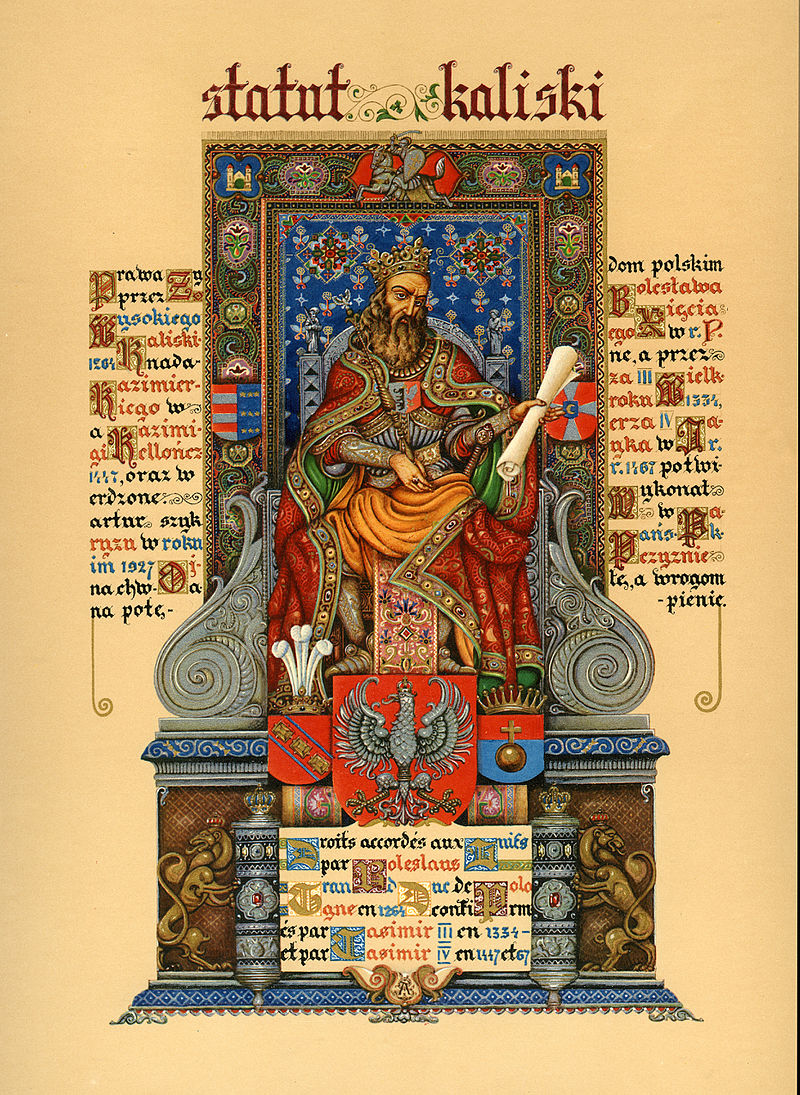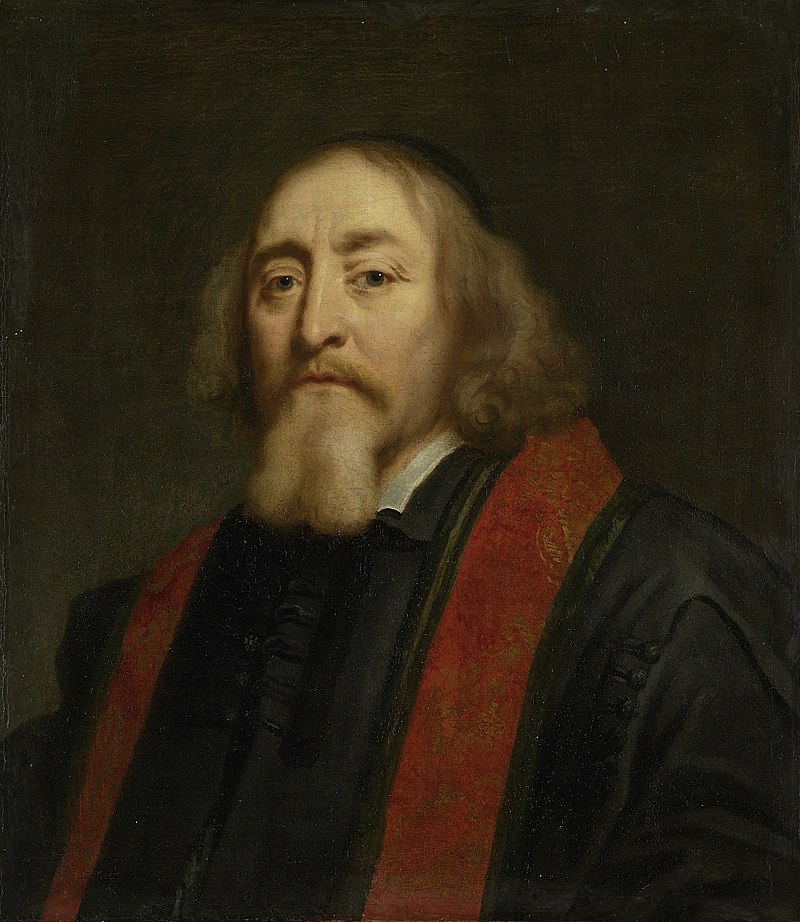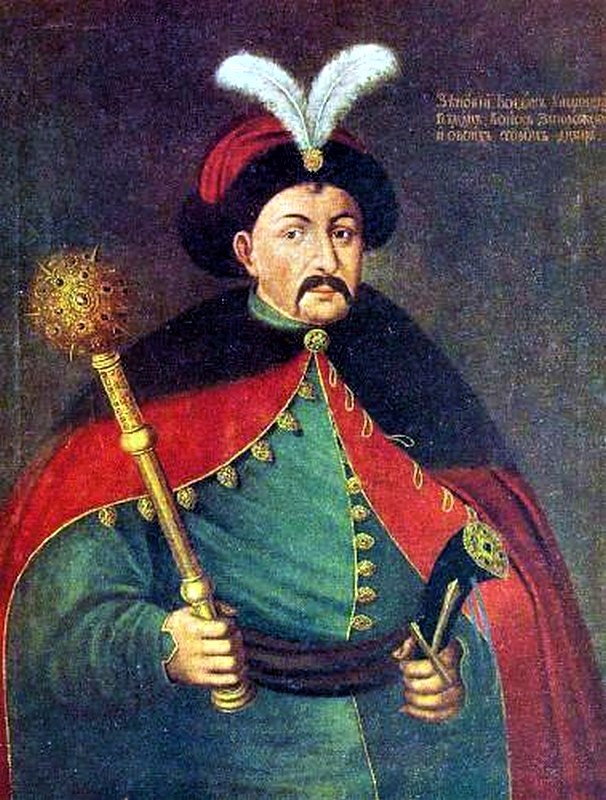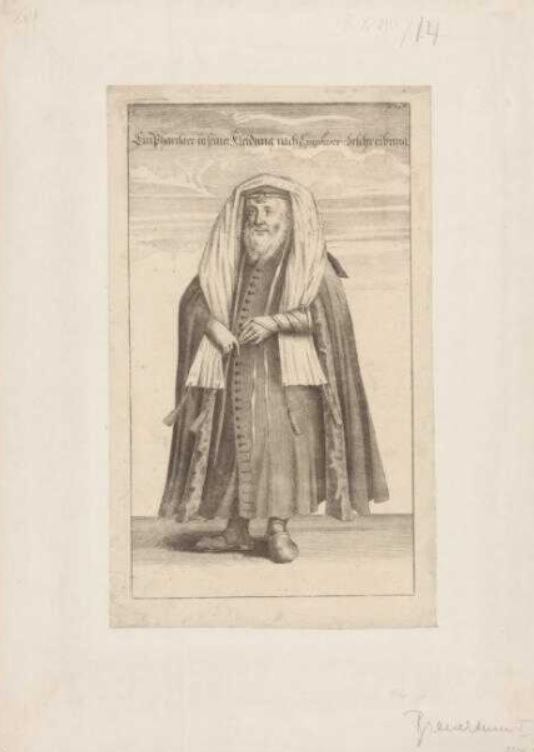
Autonomy of Jews and anti-Judaism in Poland – Kazimierz, Krakow
Polish figure of the „Religious tolerance and intolerance” topic
Over the centuries, the neighboring Kingdoms of Bohemia, Hungary and Poland were regarded as multicultural states. Although today this diversity is much less visible, it marked their history and shaped their culture. It is particularly evident in the context of religious beliefs. In a broader sense, taking into consideration attitudes towards representatives of different faiths, they should be considered as the history of religious tolerance and intolerance in Central Europe.
Christianity, especially Catholicism, played the greatest role in shaping attitudes toward other religions as well as other Christian denominations. With regard to this, it is necessary to mention both the official polemics of the Church and the direct impact on people’s behaviour. The issues became evident in forms of pagan backlash at first (in 10th-11th centuries), and later on – via great heresies, from which one – Hussitism – originated in Bohemia and influenced its neighboring nations. This is why religious affairs in Central Europe were always slightly different from those in other countries.
This is especially true in the Reformation and Counter-Reformation context. Persecution of infidels was not uncommon, but not as frequent as in other countries. There were also attempts to legislate the situation of dissidents, such as Edict of Torda for Eastern Hungary and Transylvania (1568), Warsaw Confederation for Poland-Lithuania (1573) or Letter of Majesty for Bohemia (1609). Even though the terms of the document applied only to the representatives of the nobility, those acts were among the first in Europe to grant religious freedom.
The situation of representatives of other faiths was also regulated by legal acts. Regarding this, the Jews should be mentioned. Apart from the reasons of the considering state of affairs, the Jews had their own parliament in the Polish-Lithuanian Commonwealth, as well as cities they could be considered safe havens in Hungary and Bohemia. In later years and centuries, attempts to regulate religious freedom were also made. Consequently, according to the modern constitutions and the regulation currently in force, freedom of conscience and religion are laws granted to everyone.
Nevertheless, the law does not always determine the social situation. Years of coexistence of the representatives of different religions and Christian denominations contributed to the creation of various myths and stereotypes that influenced relations between the inhabitants of the countries in question. These mentioned myths and stereotypes also shaped the perception of Czechia, Hungary and Poland in general. Some of them still have a significant impact on the shaping of national self-consciousness. It proves that issues related to the considered topic deserve more attention.
References:
Goldberg J., Żydowski Sejm Czterech Ziem w społecznym i politycznym ustroju dawnej Rzeczypospolitej [in:] Żydzi w dawnej Rzeczypospolitej. Materiały z konferencji „Autonomia Żydów w Rzeczypospolitej szlacheckiej” Międzywydziałowy Zakład Historii i Kultury Żydów, Uniwersytet Jagielloński 22-26 IX 1986, Wrocław 1991, pp. 44-58.
Kalik Y., Scepter of Judah. The Jewish Autonomy in the Eighteen-century Crown Poland, Leiden/Boston 2009.
Szuchta R., 1000 lat historii Żydów polskich, Warszawa 2015.
The Jews in Poland and Russia, (vol. 1: 1350-1881), ed. Antony Polonsky, Oxford 2010.
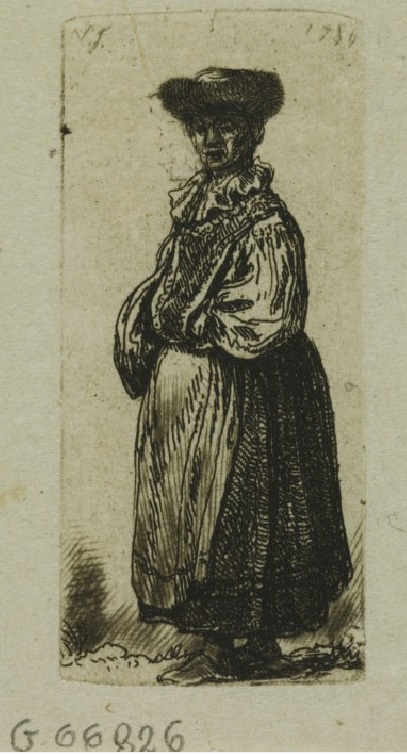
Facts


